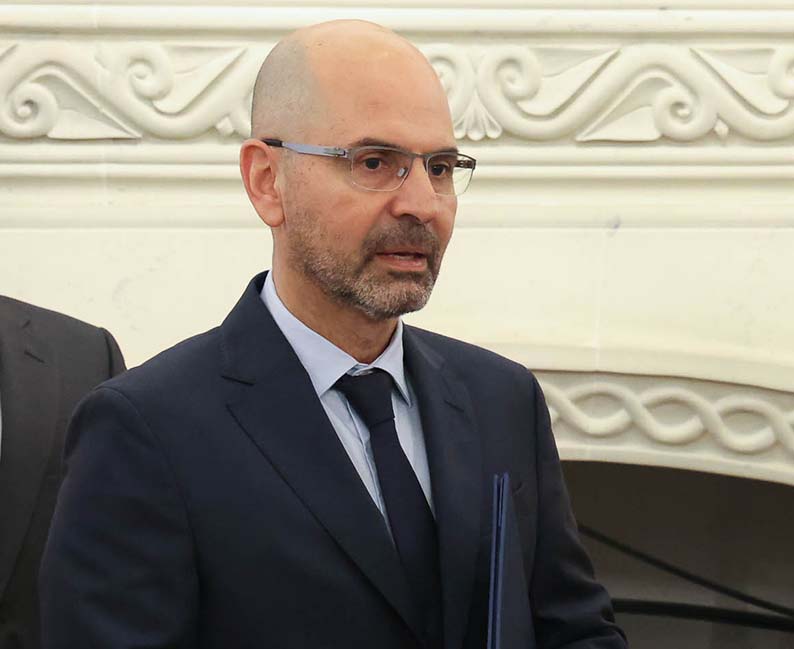The Agricultural Research Institute did not follow due process when calling for tenders and may have led to contracts awarded at higher prices, the audit office said on Friday.
In a special report, it revealed the institute had irregularities in the way it carried out tenders without adhering the basic principles it should have.
As such, this may have meant a higher cost to the taxpayer. Should the institute be charged with mishandling, this could lead to losing out on EU funding, the report said.
The key issue lay in the procedures carried out for procuring high-cost materials for specialised equipment, such as those used for Single Nucleotide Polymorphism (SNP) Arrays and next-generation sequencing (NGS).
The decision to award contracts directly, without ensuring alternatives through competitive procedures, has raised serious concerns about the efficiency and transparency of the process, according to the audit office.
Where older tenders are concerned for the purchase of equipment, the report reveals systematic fragmentation of contracts and the limited participation of stakeholders, which contributed to the conditions of a monopoly.
These practices, according to the audit office, led to a disproportionate allocation of resources. Broad participation of competitors was restricted and violated the principles of competition and equal treatment.
In April 2023, insitute submitted a request to the tender board of the agriculture ministry, seeking to purchase materials worth €2.4 million through negotiations and without publishing the necessary details.
The procedure concerned materials required for high-tech equipment, which had previously been purchased through three separate tenders.
The audit office asked for clarification as to whether contracts for the purchase of these materials had originally been planned or whether alternatives had been explored including open tenders and long-term price fixing.
Despite the institute’s response that its choice to move forward with the negotiated option was necessary to meet the needs approved in the Recovery and Resilience Plan, no documentation was provided that could demonstrate this was the most advantageous optionfor the government, according to the report.
The tender board approved the process for two years instead of four, as originally requested, with an estimated cost of €1.2 million, highlighting that the delay in completing the process affected the timeline.
Despite the approval, the audit office stressed that the lack of competition was not sufficiently justified and warned that these procedures could lead to solutions that were not advantageous for the government.






Click here to change your cookie preferences